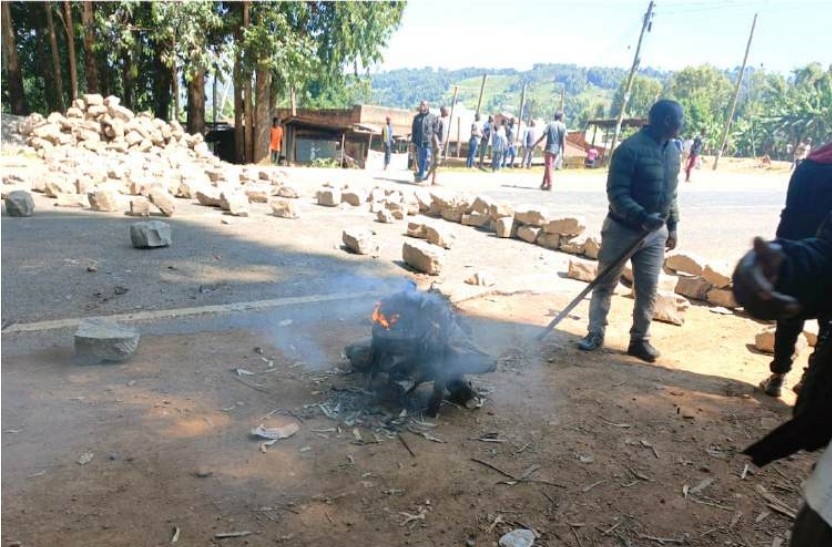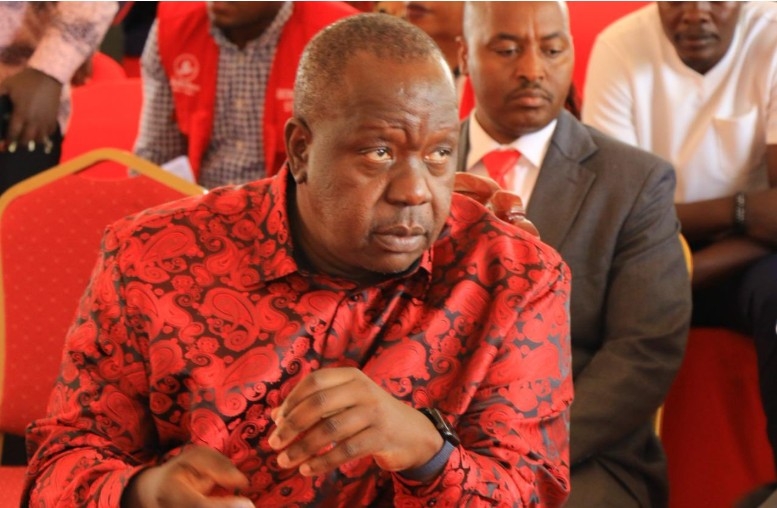There's an urgent need for a public health model that can address short and long term mental health issues and psychosocial consequences of Covid-19, acting director general Dr Patrick Amoth has said.
He said humanitarian emergencies have had tremendous impact on the mental health of populations globally and more so in the East African region.
"In our region, this situation is worsened by the disruption of little services on offer for mental, neurological and substance use disorders, which was evident during the Covid-19 pandemic,” Amoth said.
He spoke on Monday at a Nairobi hotel when he officially opened a week-long regional workshop.
The workshop aims to strengthen Mental Health and Psychosocial Support integration into national emergency preparedness and response plans.
Amoth said some degree of mental or emotional distress as a result of the pandemic is evident and contributes to worsening of existing mental illness or substance use problems.
He said the social and psychological effects of emergencies being witnessed are experienced at individual, family, community and societal levels.
Amoth said the model of response to the emergencies requires an integrated approach whereby an individual is seen with consideration of all aspects that play a role on their wellbeing.
"In order to ensure mental health and psychosocial wellness especially during public health emergencies, there is need to give due regard to among other issues, involving communities before, during and after the emergency," he said.
The week-long workshop is organised by Africa Centre for Disease Control in collaboration with the Regional Coordinating Center for the Eastern Africa Region.
It brings together participants from Africa CDC and mental health focal persons from the 14 member states in the Eastern Africa region.
Also, emergency preparedness and response focal persons and incident managers as well WHO, IGAD, EAC, UNICEF and UNHCR.
















